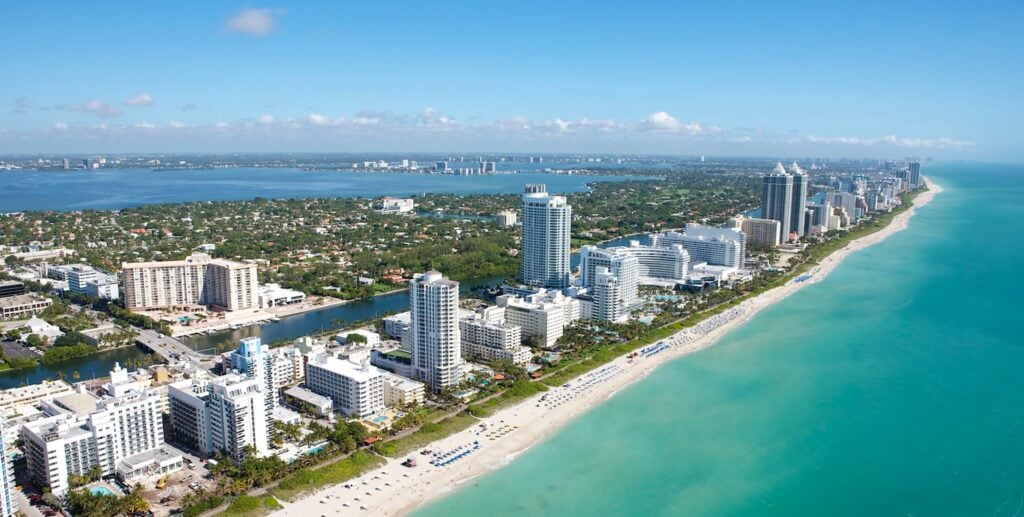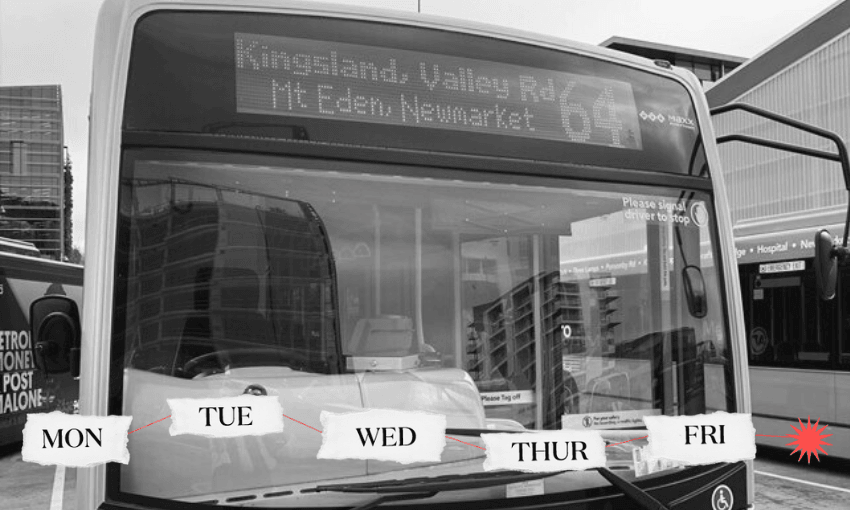The EU’s expansive cooperation with Niger to stem migration may be in the balance following the 26 July military coup that ousted president Mohamed Bazoum.
Those EU efforts are closely linked to security programmes, whose budget the EU has since announced it will suspend.
When pressed on the issue, a European Commission spokesperson on Wednesday (23 August) described the situation at the former French colony as complex.
“We will continue to monitor the migratory situation very closely. But up until now we haven’t witnessed any major changes,” she said.
“I don’t have any further details to add at this stage,” she said, noting that the EU first needs to evaluate what is happening on the ground before drawing any definitive conclusions.
The EU’s migration cooperation with Niger, a landlocked country and transit route, is extensive.
According to the International Organization for Migration, a UN body, most of those transiting through Niger to Libya are looking for work and do not intend to take boats towards Europe.
At least 5,000 seeking to return home are said to be stuck at UN centres in Niger.
But aside from funding returns of migrants from Libya to Niger, the EU has also worked extensively with Niger’s security forces.
Only last year, it billed its so-called European Union Capacity Building Mission in Niger as the main driving force behind international support to the west African country in the field of security.
Its mandate, extended until September this year, includes developing Niger’s internal security forces, spanning the police, gendarmerie and national guard.
Those forces are viewed as key to shoring up borders and clamping down on irregular migration.
“The capacity to fight terrorism, organised crime and irregular migration has improved as a direct result of EUCAP Sahel Niger’s intervention,” stated an internal EU document dated June 2022.
The mission is composed of some 100 international experts, mostly from European security forces and justice departments.
This came as EU migration commissioner Ylva Johansson went to Niger to discuss an anti-smuggling deal and the role of the EU’s border agency, Frontex.
By July, the EU and Niger had signed a deal, which included funding officers from services in EU member states and Niger to stop people smugglers.
Meanwhile, Bazoum’s interior minister declared Niger as a champion in the fight against illegal and irregular migration at a September meeting with EU Commission officials.
Bazoum’s visit to Brussels earlier this year was followed by a 5 July visit to Niger by the EU’s foreign policy chief, Josep Borrell.
Bazoum, who had been elected in 2021, was overthrown in a coup less then two weeks later.
Niger’s coup leader, Abdourahamane Tchiani, has since promised to return the west African nation to civilian rule within three years.
The idea has been rejected by the West African regional bloc Ecowas. The EU has also dismissed it.
“This is an issue that needs to be solved in Africa by the actors in Africa,” said Peter Stano, spokesperson for the EU’s foreign policy chief.




















Discussion about this post